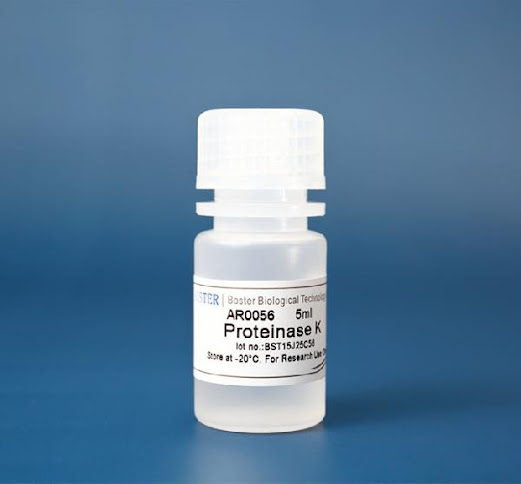Tumor Necrosis Factor (TNF) Inhibitor Drugs Market is growing rapidly with Novartis receiving the U.S. Food and Drug Administration (FDA) approval for its Cosentyx for the treatment of active non-radiographic axial spondyloarthritis
Tumor Necrosis Factor Inhibitor Drugs
are drugs that have the ability to restrict or prevent the further growth of
tumors. Tumor Necrosis Factor, or TNF, is a chemical neurotransmitter in the
body that plays a key role in the inflammatory response of tumors. When TNF is
not sufficiently regulated, tumors may grow unchecked. A TNF inhibitor,
therefore, is a medical drug that inhibits the inflammatory response to tumor
necrosis factor. When it comes to regional impact, North America seems to be
witnessing significant growth in the tumor necrosis factor (TNF) inhibitor
drugs market. This is typically due to the fact that there is the presence of
key manufacturers as well as favorable reimbursement policies. On the contrary,
Asia Pacific seems to be gaining robust traction since there is an emerging
trend of biosimilars in emerging economies such as India, China, and South
Korea.
Over the years, the demand for TNF
inhibitor drugs has increased, which is typically due to rising cases of
autoimmune disorders. Autoimmune disorders such as psoriasis, type1 diabetes
mellitus, rheumatoid arthritis, and multiple sclerosis. As per the Centers for
Disease Control and Prevention (CDC), from 2013-2015, around 54.4 million U.S.
adults has some form of arthritis such as rheumatoid arthritis, gout, and
lupus. TNF inhibitors help stop inflammation and aids in diseases such as
rheumatoid arthritis, Crohn’s disease, and psoriatic arthritis. Thus, such
factors can augment growth of the tumor
necrosis factor (TNF) inhibitor drugs market.
Tumor Necrosis Factor Inhibitor Drugs
can be administered to patients with inflammatory bowel diseases such as
ulcerative colitis, Crohn's disease, and psoriasis. These diseases typically
affect the lower portions of the gastrointestinal tract. Psoriasis has symptoms
similar to those of an allergy, but psoriasis is a skin disorder and not an
allergic reaction. Ulcerative colitis affects the upper portion of the
gastrointestinal tract and has similar symptoms to those of psoriasis.
Regardless of these driving factors, there are certain challenges that could
limit the future development of the market. For instance, there is the
availability of alternatives to TNF inhibitor drugs, which could impede growth
of the tumor necrosis factor (TNF) inhibitor drugs market. Besides, high
production costs pertaining to TNF drugs can also limit market growth.
People around the world are becoming
aware of the benefits offered by TNF inhibitor drugs. With growing geriatric
population, the demand for TNF inhibitor drugs is likely to increase. Elderly
people are more likely to suffer different types of chronic and autoimmune
disorders, which would require immediate medical assistance. Hence, such
factors could potentially stimulate growth of the tumor necrosis factor (TNF)
inhibitor drugs market in the near future.
Recently, in June 2020, Novartis received the U.S. Food and Drug
Administration (FDA) approval for its Cosentyx for the treatment of active
non-radiographic axial spondyloarthritis.




Comments
Post a Comment